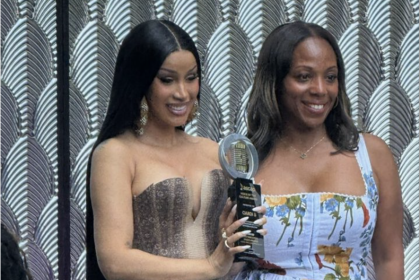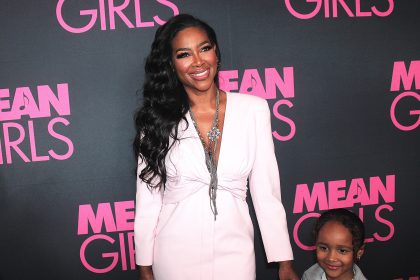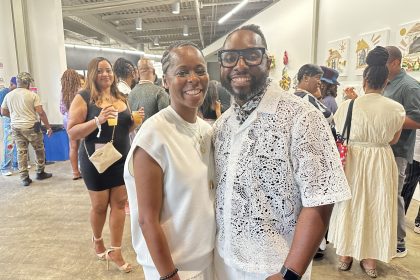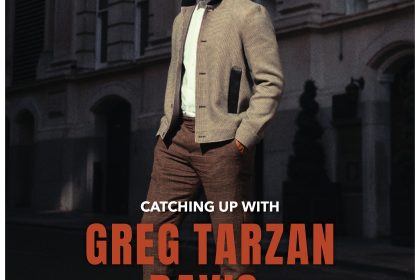
Phylicia Rashad can shut down a roomful of people without raising her voice or resorting to vulgarities. That would be much too easy. Instead of uncouth or high-decibel utterances, the almost melodious flow and hypnotic cadence to her verbal delivery coupled with her worldly wisdom and charisma, has her listeners almost transfixed.
We became familiar with this infectious trait in her career-defining role as the no-nonsense mom and attorney Clair Huxtable on the immortal “Cosby Show” of the 1980s. We discerned it again with her Emmy-winning role as Lena Younger in the 2004 Broadway play A Raisin in the Sun, and the following year in Cat On a Hot Tin Roof. In fact, Rashad’s steadfast resolve is what defines her as an actress and makes her illuminate amid a mundane landscape like a lighthouse beacon. And she brings that regal quality to For Colored Girls, a Lionsgate Film written, produced and directed by Tyler Perry that depicts the travails of nine intertwining lives in and around Harlem.
At a press conference for the Tyler Perry’s For Colored Girls in Midtown Manhattan, Rashad hijacked everyone’s attention when she uncannily defined how Ntozake Shange’s classic play and book, For Colored Girls Who Considered Suicide When the Rainbow is Enuf, is really about all women in a way that no one else could have.
“Early on, in our preparation for filming, we would all sit in the makeup trailer and we would all talk about this piece, just anything related to this. And it just came to us all one day — collectively and in an instant — that all women in the world are colored girls. Because the color that Ntozake Shange was referring to is not to do with the color of my skin. It has to do with mood, heart, spirit, experience, emotions, expression, understanding or lack thereof. So, with that being said, and understanding more about who the poet, playwright, dancer, scholar Ntzoake Shange is, we’d be understanding that there’s peace in an outgrowth of her studies, in literature in her women’s studies, her experiences as a professor of literature, her development as a dancer, her expression as a poet and a playwright. That is a lot. I think it is a rite of passage for all people. That’s what I think,” says Rashad.










